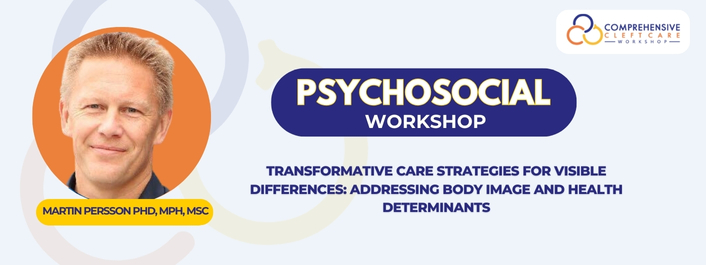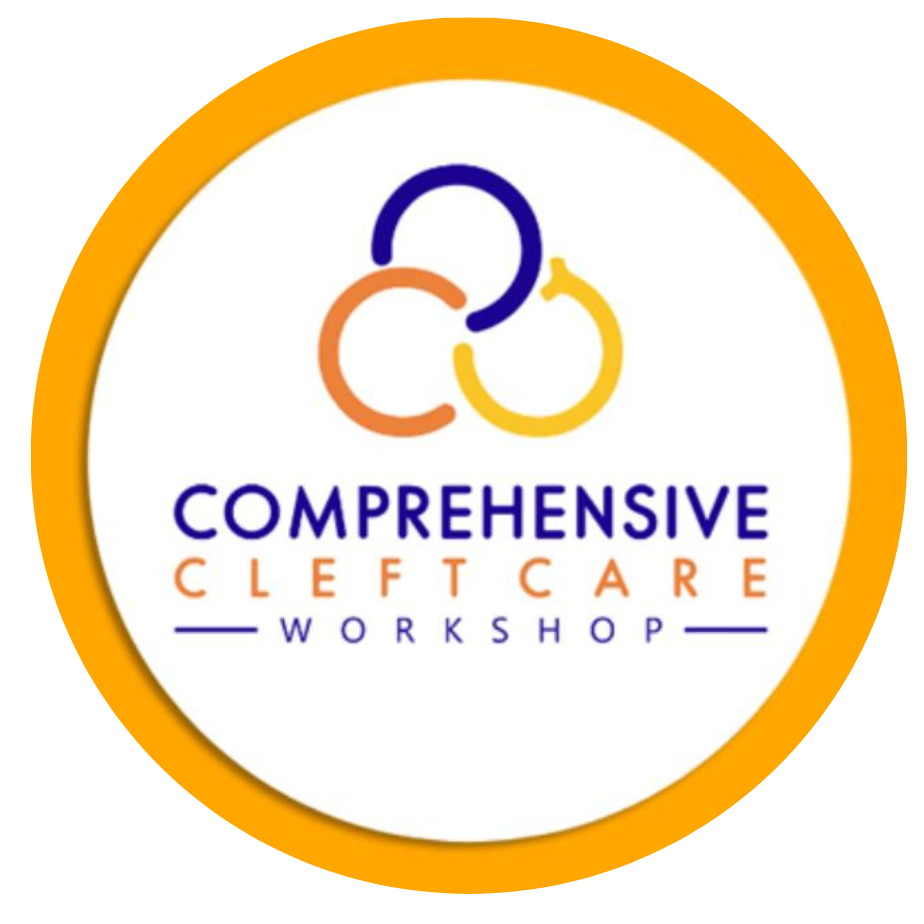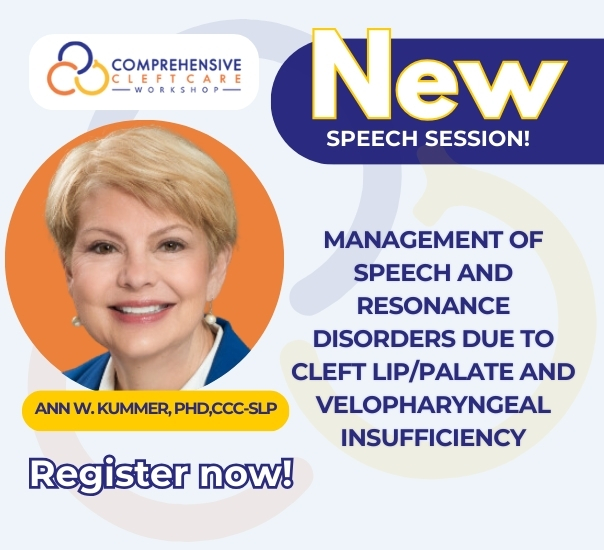
Transformative Care Strategies for Visible Differences: Addressing Body Image and Health Determinants
Relevant for providers of any cleft care specialty, this course aims to equip healthcare professionals and stakeholders with the tools to improve their care practices.
This course provides a comprehensive study of person-centered and family-centered care, addressing the stigma associated with visible differences, particularly cleft lip and palate. It covers the influence of social determinants of health, explores body image issues in the general population, and addresses the unique stressors faced by parents of children with cleft.
The course also examines the impact of mental health and educational outcomes on these families, incorporating intersectionality and stigma reduction.
Grounded in research from multiple projects in Europe, the course offers insights into the common stressors experienced by parents of children with cleft and understand how mental health and educational outcomes affect this group.
The course also examines the impact of mental health and educational outcomes on these families, incorporating intersectionality and stigma reduction.
Grounded in research from multiple projects in Europe, the course offers insights into the common stressors experienced by parents of children with cleft and understand how mental health and educational outcomes affect this group.
The course is led by Dr. Martin Persson, professor in health sciences at Kristianstad University and renowned expert in mental health, particularly in relation to cleft and other visible differences.
Learning objectives
- Understand and describe the four key dimensions of body image.
- Explain the emotional and behavioral consequences of body dissatisfaction, including its effects on self-esteem, mental health, and physical health.
- Discuss the roles of media, peer pressure, and family in shaping body image and contributing to body dissatisfaction.
- Assess how body image issues impact academic performance, social interactions, and overall quality of life.
- You will be able to define and explain what constitutes a visible difference.
- You will be able to explain the impact of stigma.
- You will be able to explain the challenges reported by many people living with a visible difference.
- You will be able to understand and explain the concept of intersectionality and its relevance to social issues.
- You can classify different social groups based on their risk levels for poverty or social exclusion.
- From a healthcare perspective, understanding why recognizing intersectionality affects individuals’ healthcare experiences and outcomes is paramount.
- Understanding Person-Centered Care and Family-Centered Care.
- Identify common stressors and concerns for parents of children with visible differences.
- Explain the impact of mental health and educational outcomes for individuals with cleft.
- Understand how social determinants of health impact the provision of care.
CAPE TOWN, SOUTH AFRICA OCTOBER 23-24, 2024
Day(s)
:
Hour(s)
:
Minute(s)
:
Second(s)
What People Say










